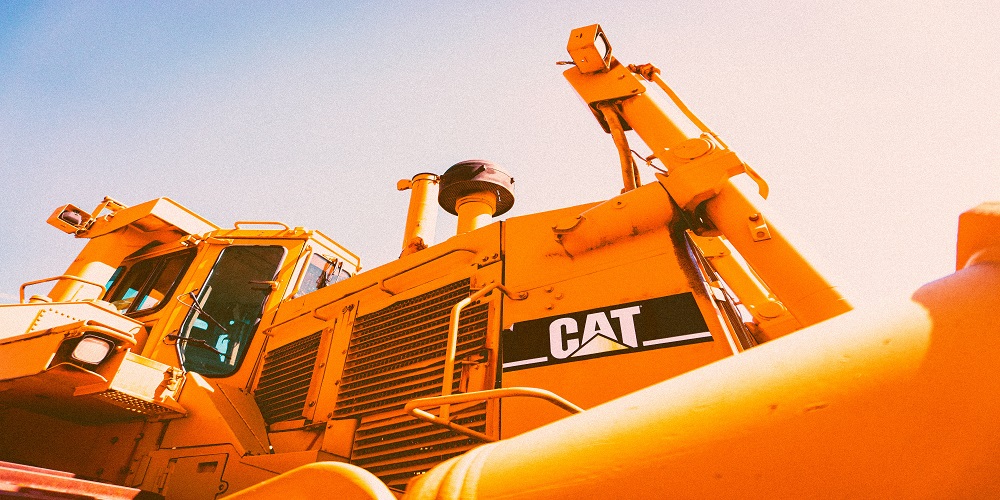Causes Of Wear And Tear Of Heavy Industrial Machinery
Have you always been fascinated by heavy industrial machinery? Given how they can perform complex industrial tasks with extreme accuracy, your fascination is justified.
Considering the nature of the work, heavy industrial machinery is designed to be highly durable. But they are machines, after all, and like all other machines, they wear out. The difference is that they take a longer time to show signs of wear and tear than regular machinery.
With proper industrial machinery repair services, they can be put back into usage, but in most cases, the solution is replacement. That said, if you are wondering what causes such tough machinery to wear out, read on.

Causes Behind The Wear Of Heavy Industrial Machinery
There are different causes that lead to the wear and tear of industrial machines, which have been discussed below.
1. Abrasion
Abrasion is the most common cause behind the wear and tear of such machines. The heavy machinery used in industrial activities consists of several large moving parts. Smaller particles often get lodged inside these moving parts, and they rub against the surface of the machine to eventually wear it out.
2. Fatigue
Fatigue is caused when the different machine surfaces come into contact with each other. Due to the sheer size and power of these machines, this often creates subsurface cracks over time.
These cracks break off small chunks from the surface of the machinery. And when more contact takes place, more chunks break off, which eventually wears out the machine.
3. Corrosion
Corrosion is another common cause of wear and tear in machinery, especially when they are used in any kind of chemical process.
When these chemicals come into contact with the machine’s surface, they react with the materials, leading to corrosive wear. The reaction is accelerated in the presence of heat and pressure, both of which are abundant when using heavy industrial machinery.
4. Adhesion
Adhesion causes heavy industrial machinery to wear out through friction. When two surfaces of the machine rub against each other, it generates a lot of heat, which erodes the surface of the machinery. Over time, the erosion becomes extensive, which ultimately affects its normal functioning.
Conclusion
Those are some of the most common causes for industrial machinery to wear out. There are a few other reasons that contribute to the wear and tear of industrial machinery as well, such as cavitation, electrical discharges, material deposition and so on.
However, these are relatively uncommon factors and are observed in machinery used in very specific applications.
Most industrial machines require frequent monitoring and upkeep, so if there are any lapses in the maintenance routine, they will wear out quicker than usual. But given the complexity and scale of such machines, not everyone might be skilled to keep them in top working conditions.
So, if you want to keep your heavy industrial machines protected against wear, get in touch with an expert immediately!








